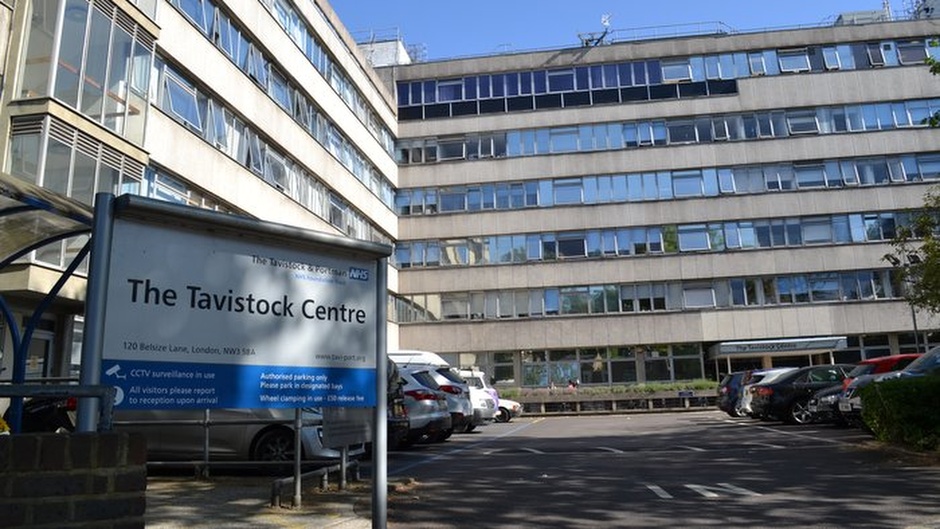England bans puberty blockers for children in “landmark decision”
Gender identity clinics may only offer these controversial treatments to minors in research trials or in “exceptional circumstances”. The government welcomes the decision of the National Health Service.
LONDON · 13 MARCH 2024 · 12:38 CET

Puberty supressing hormones will no longer be available for children and teenagers under the age of 18, the National Health Service (NHS) of England has announced.
According to the BBC, doctors will no longer be able to prescribe ‘puberty blockers’ routinely, except in research trials or “exceptional circumstances”.
Minor patients who are already receiving such drugs will be able to continue their treatment.
Maria Caulfield, health minister of the UK, welcomed the decision of the national health authorities. “We have always been clear that children’s safety and wellbeing is paramount, so we welcome this landmark decision by the NHS”, she said. “Ending the routine prescription of puberty blockers will help ensure that care is based on evidence, expert clinical opinion and is in the best interests of the child”.
Major changes in medical practices after years of debate
The controversy around the use of the known as ‘puberty blockers’ came to a turning point after the known as Dr Cass report found that there were “gaps in evidence” around the use of these treatments while it called for radical changes in the medical approach to minors who say they are transgender.
Children under the age of 16 were being prescribed drugs that stop physical changes such as breast development or facial hair, even if their parents opposed such treatments.
In 2021, the NHS admitted that “little is known about the long-term side effects of hormone or puberty blockers in children” and “it’s also not known whether hormone blockers affect the development of the teenage brain or children’s bones”.

The Tavistock and Portman NHS Foundation Trust clinic. / Photo:Tavistock and Portman. A large controversy
The medical conversation caused a large social debate while over 5,000 children were on the waiting list of the Gender Identity Services (Gids) of the controversial Tavistock Foundation. The “lack of quality controls” and the overwhelmed staff at the clinics were leaving children “at a considerable risk”, the Cass report said.
In the UK, ‘detransitioners’ (people who regret having transitioned to the opposite gender) like Keira Bell have denounced the medical procedures through which children who are not mature enough to decide over their bodies are “pushed” into irreversible medical treatments.
In July 2022, the National Health Service decided to close the Tavistock gender clinic in London. Meanwhile, hundreds of families prepared to sue the foundation in London for medical negligence.
Europe re-evalutes ‘trans’ treatments
Other countries in Europe have seen similar policy changes in recent years. Sweden, previously see as a reference in “affirming” gender treatments, decided in 2022 to stop giving puberty blockers to minors. In 2021, the well-known Karolinska Hospital stopped giving cross-sex hormones to children because medical experts distanced themselves from the liberal ‘Dutch protocol’. The "pendulum swung" as statistics showed an unexplainable increase in girls asking to transition, a Christian analyst in the country said.
In Norway, an official report in 2023 recommended “to define puberty blockers for minors as experimental treatment” as the Nordic country saw a 13% increase in minors requesting a gender change. “Reasons are complex, but easily accessible information about LGBTQ+ and a strong media focus may be part of the reason why more people believe that gender-affirming treatment can solve their life challenges”, said the annual report of the National Treatment Service for Gender Incongruence.
‘Trans’ practices are now also coming under new scrutiny in the Netherlands. Dutch parliamentarians are urging the government to research the “physical and mental health outcomes” of drugs given to children after “a number of other European countries, such as Sweden, have become more cautious”.
One more year
Learn all about our #OneMoreYearEF campaign here (English).
Published in: Evangelical Focus - europe - England bans puberty blockers for children in “landmark decision”
